All about Kidney Donation
Kidney Donation is when a person donates a kidney for transplantation to another person who has End Stage Renal Disease (ESRD).
This education guide helps you understand the process of kidney donation so you can make an informed decision on whether to become a Kidney Donor.
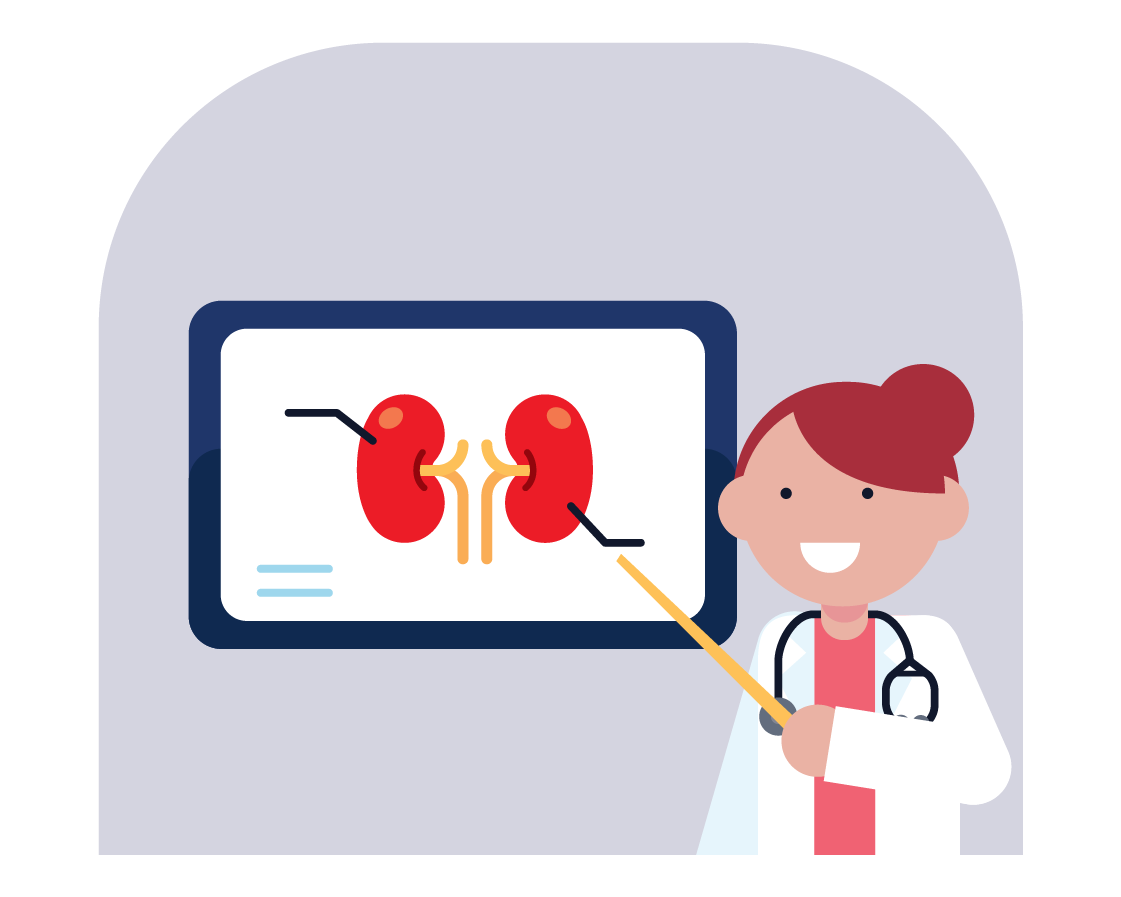
What are the types of Kidney Donors?
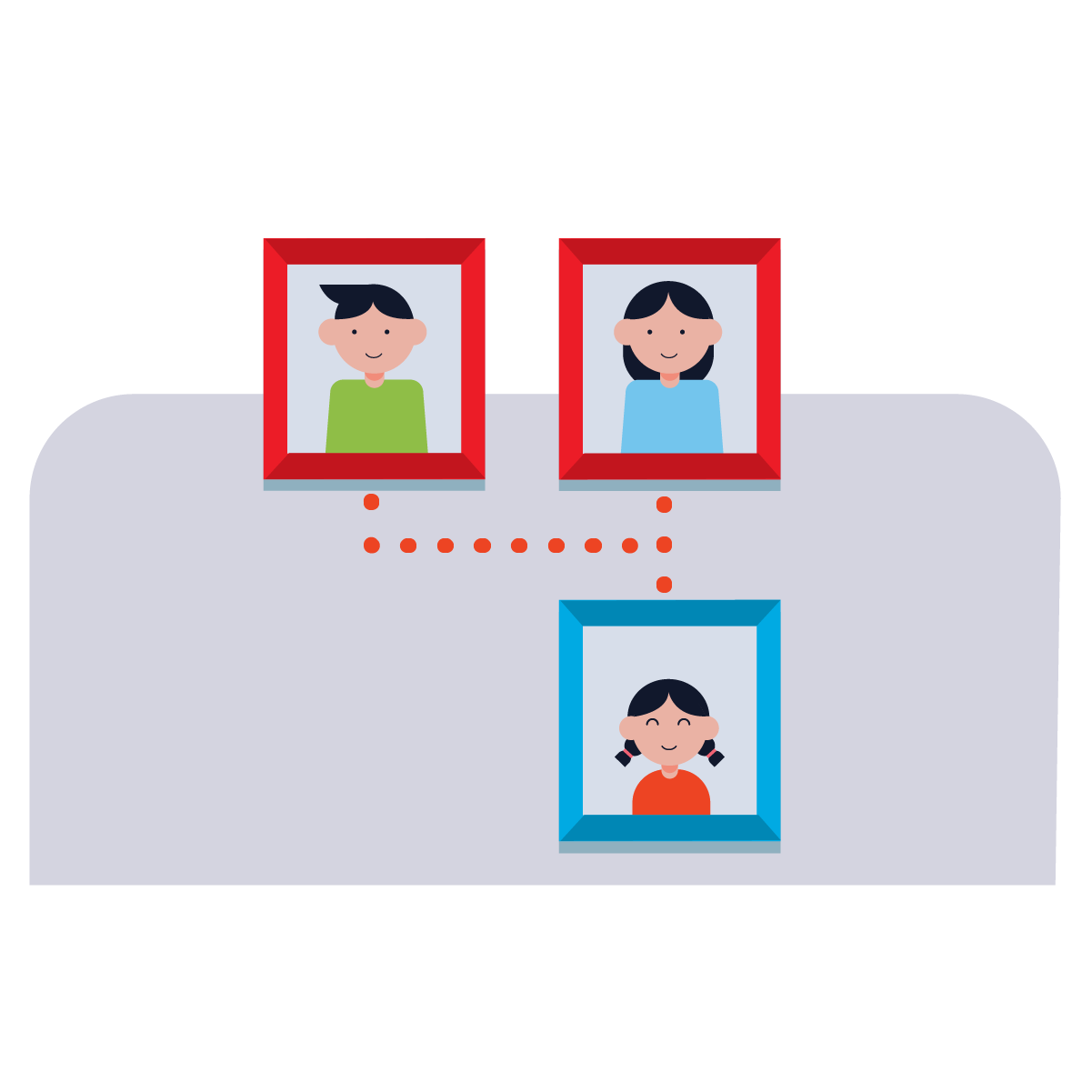
Living Related Donor
A Living Related Donor is someone who is related to the recipient by blood (e.g. Parents, Children, Siblings, Nephew/Nieces, First cousins)
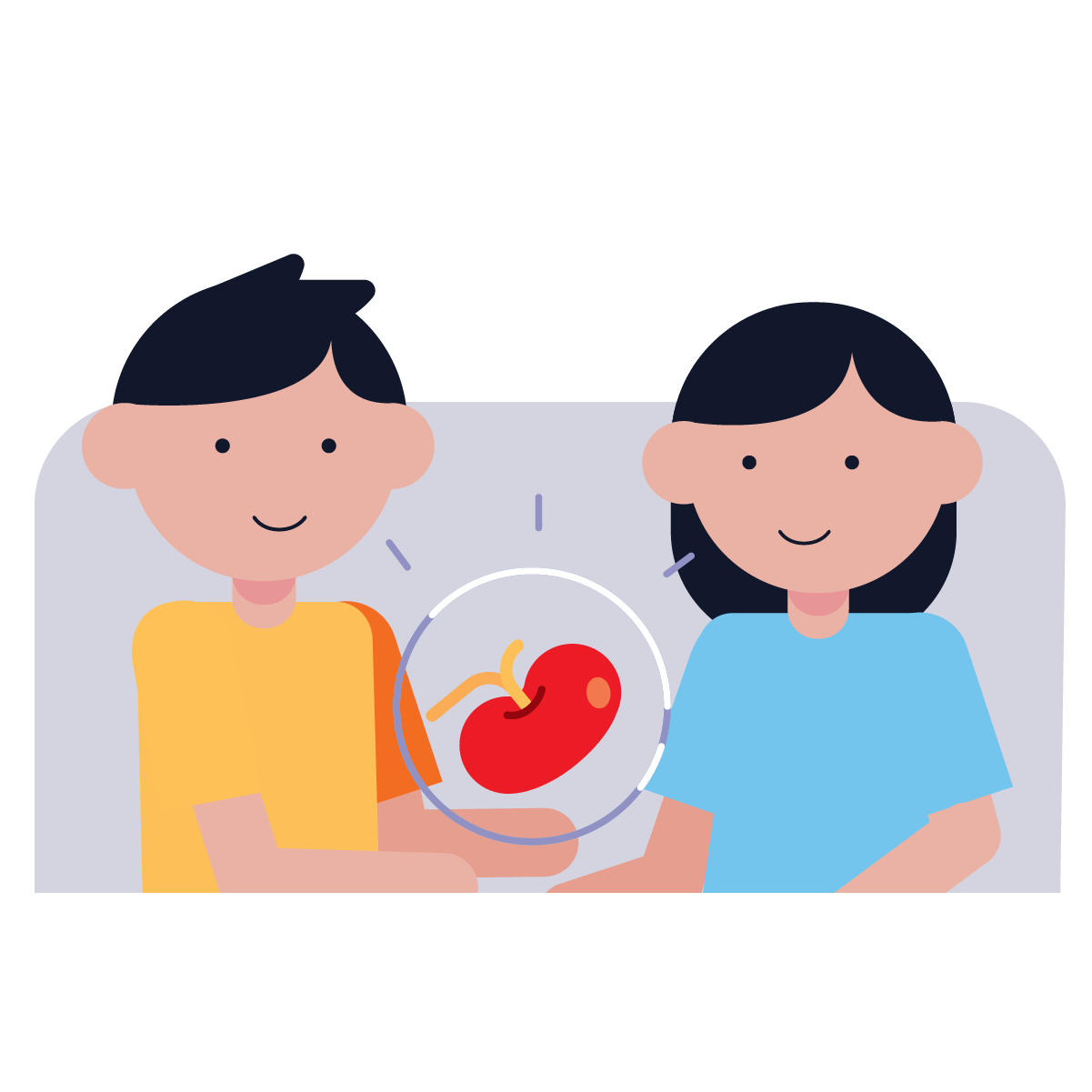
Living Non-Related Donor
A Living Non-Related Donor is someone who is not related by blood to the recipient, but who has long term and close emotional ties (e.g. Spouses, Relatives by affinity, Friends, Co-workers, Adoptive parents or children)
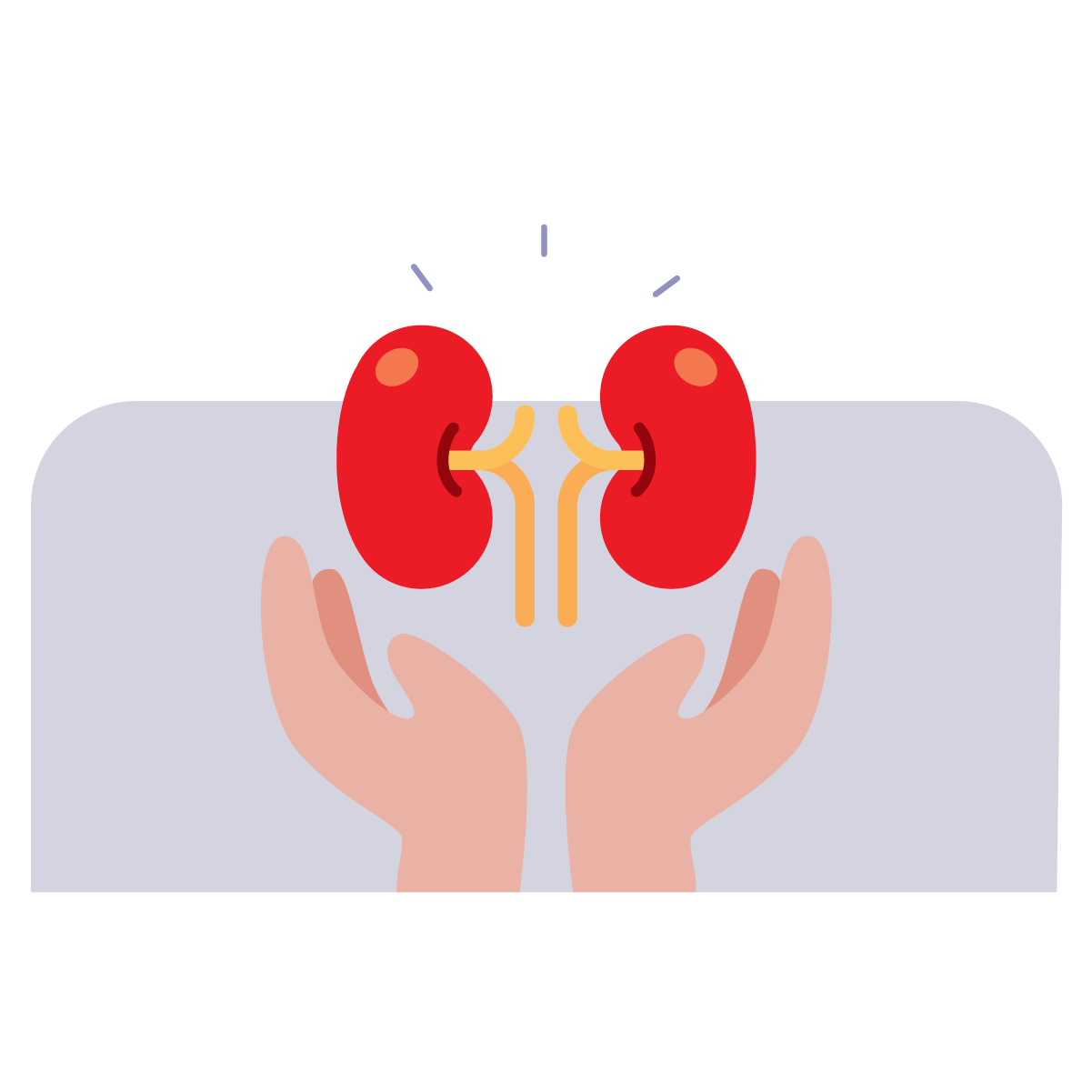
Deceased Donor
Deceased donors are healthy people who have been declared brain dead or passed away and their family has agreed to donate their organs.
Who can donate a kidney?

To be a good candidate for a kidney donor, you should have no evidence of kidney disease or any major medical condition that would unduly increase your risk for kidney disease in the future. You should be:
What are the benefits of Living Kidney Donation?
Donating your kidney has several key benefits:

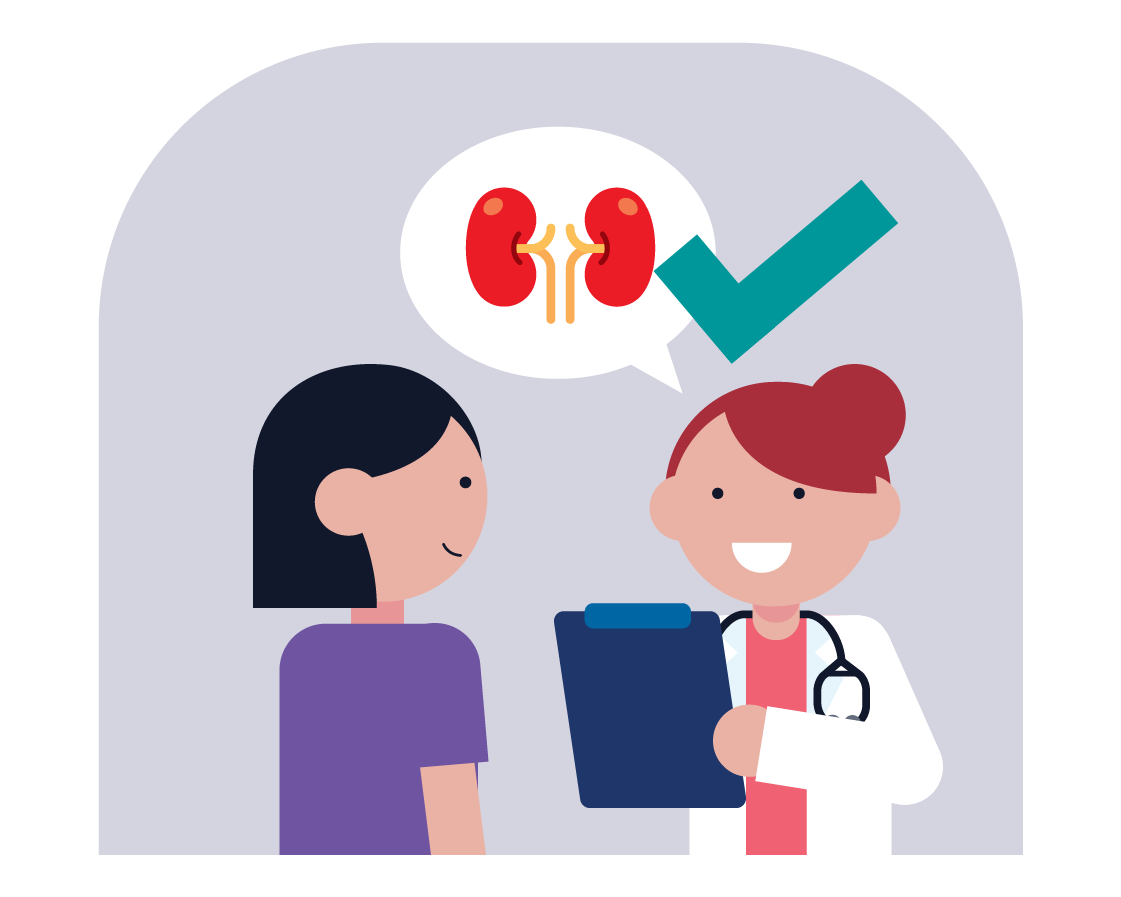
What is the Donation process like?
As a Kidney donor, you will undergo an extensive medical evaluation to ensure that you are healthy and fit to undergo surgery and that the donation will not harm you in any way.
The donor assessment process will usually take 2-3 weeks. It will depend on factors such as where you live and if there are any additional medical tests that are required. Once the tests have been completed, our Transplant Team will assess the results.
The transplant will only take place if you and the recipient are both willing to proceed and if the Transplant Team is confident that you are both healthy enough.
Common misconceptions
Is there a low chance of success?
Kidney transplants are the most successful organ transplants with 90-95% success rate. Living donor's kidneys generally last 15-20 years
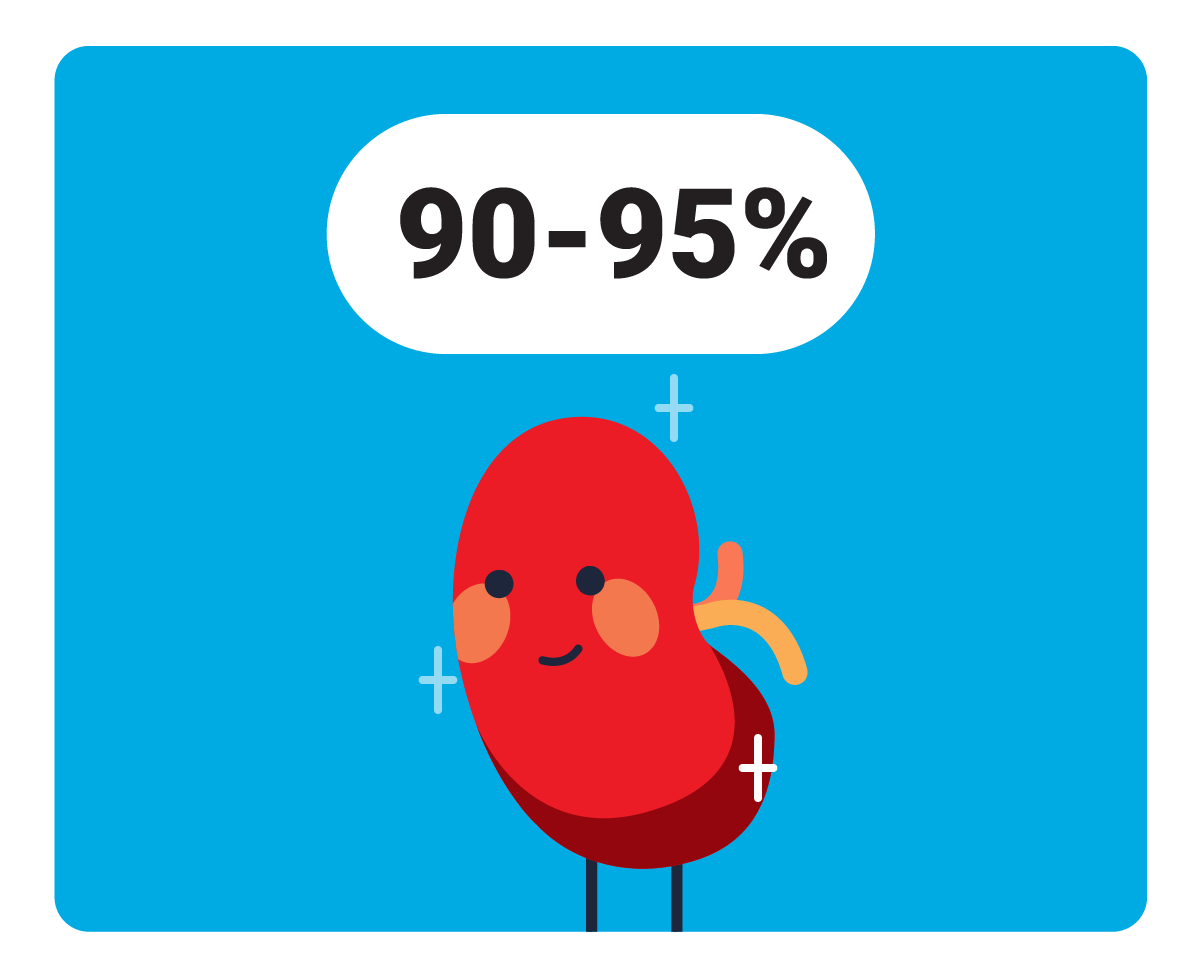
Will I be able to return to work after donating my kidney?
Yup! Most donors only spend 1-4 days in the hospital and are able to return to work in 2-3 weeks. Risk of complications from donation are low.

Will donating my kidney reduce my life expectancy?
Not at all! Donating a kidney does not reduce the donor's life expectancy. As a living kidney donor, you can lead an active, normal and healthy life with only one kidney. Your remaining kidney will be able to do the work of both and help remove waste products from your blood.

Must I be a family member to donate my kidney?
A living donor does not need to be biologically related to the recipient. There are Living Non-Related Kidney donors who are not related to the recipient by blood.

Will I have a higher risk of kidney failure?
The estimated risk of kidney failure at 15 years after donation is 3 per 1,000 donors. In fact, donors have lower rates of kidney failure but a higher lifetime risk compared to healthy non-donors.
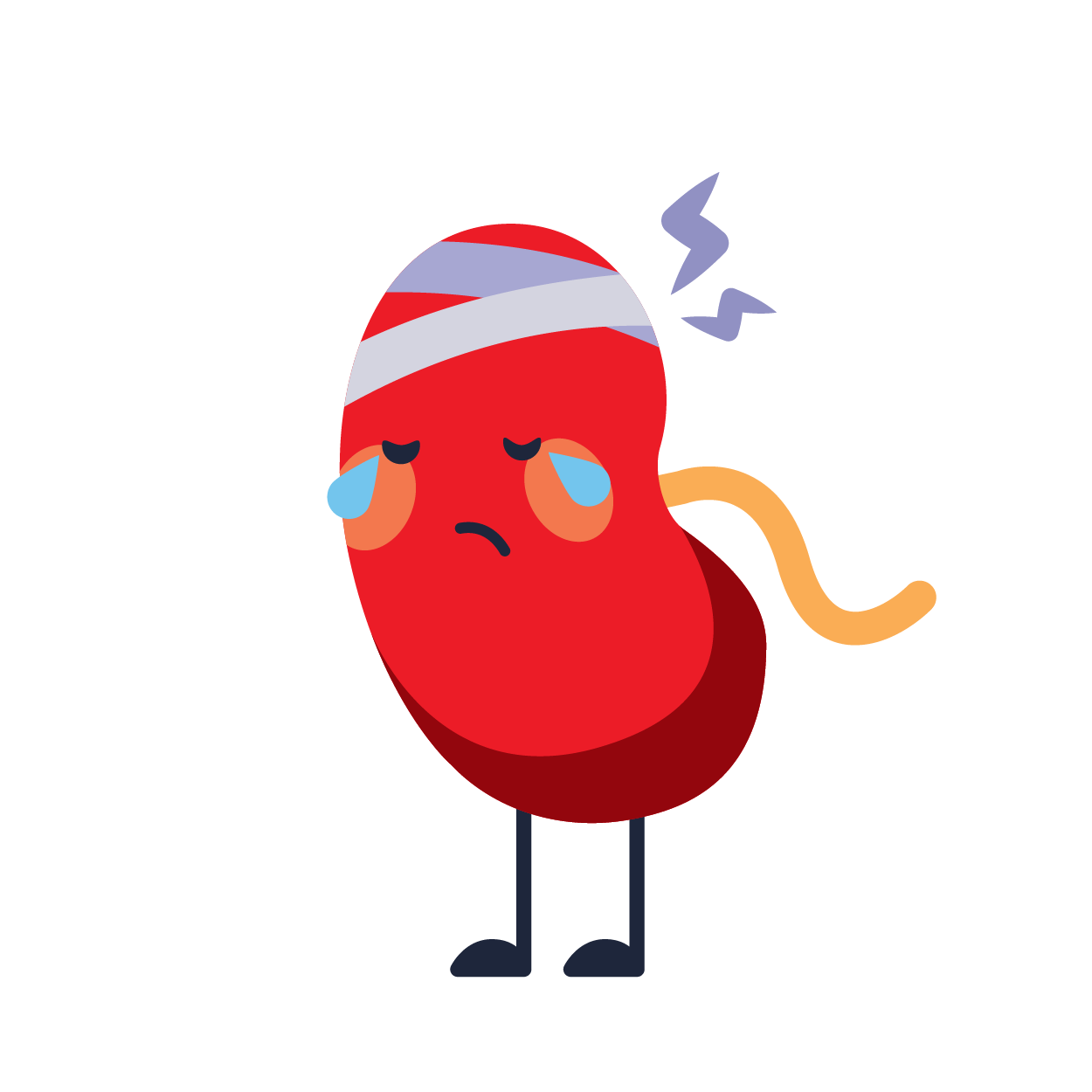
Is the surgery risky and dangerous?
The risk of death during transplantation is extremely rare. One study indicates that the risk of death is 0.06% and another study puts the risk at 0.03% (i.e. 3 deaths for every 10,000 transplantations)
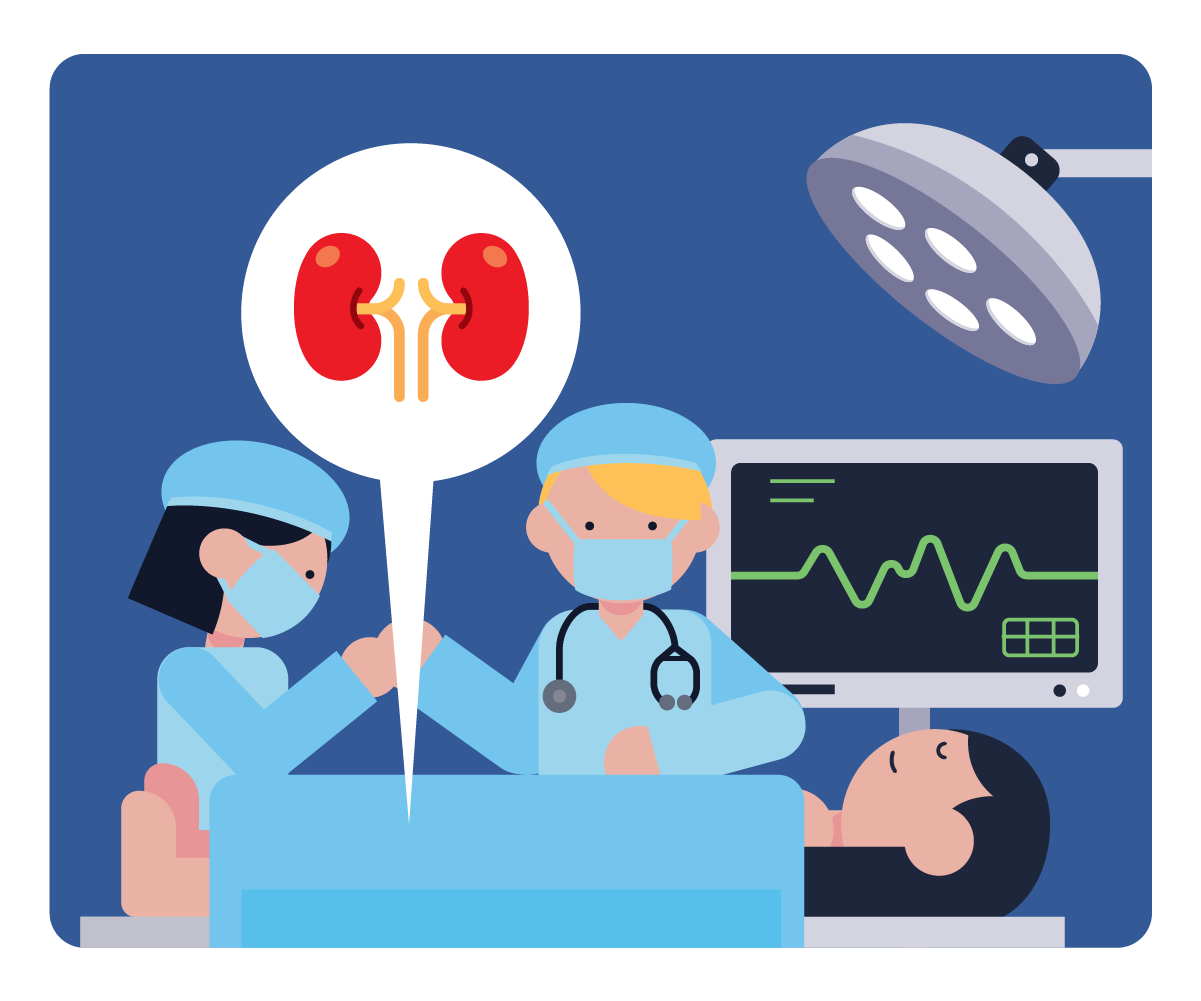
Video Resources
Hear from other Kidney Donors
Life of a Transplant Patient
Learn more by downloading our free Kidney Donor Guide

